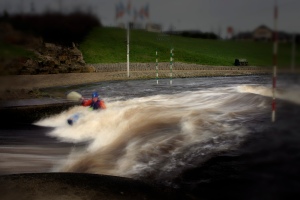 photo by James.
photo by James.
In the heat of summer, I like to walk early in the morning, I consciously give myself over to life—to the tall green trees, the soft, humid air, the flowers, the lake, and–this morning–two deer who stood watching me watch them, in no hurry to bound away. ants. The spiritual teacher Gurdjieff emphasized the importance of observation, including self-observation. His foremost pupil, Madame de Salzmann, whom I experienced, also emphasized this, teaching us that “seeing is not an idea.”
She taught that self-observation “is one complete act, an experience that can take place only if there is no separation between what sees and what is seen….” When we are really seeing, a special feeling can arise, she taught, “I begin to love what I see. No longer separate, I am in contact with it, intensely, completely. I know…. I wake up to what I am and touch the source of true love, a quality of being.”
It doesn’t matter what we see. It matters that we are present. I once interviewed a Taoist master who remembered being taken to meet Madame de Salzmann. I asked him his first impression. He said she reminded him of white water rafting. The churning white water is at the edges, he told me. The fastest water is in the center and it looks as smooth as glass. It looks completely still. Yet, if you put a raft down there, it shoots off like a rocket because the water is so fast. That is the quality that Madame de Salzmann had, the Taoist master told me. She was very still, yet very quick. She took in everything.
Real seeing can be like this, like being in a fast steam, no time to formulate names and judgements. No thinking. When the mind becomes quiet we can also become very, very fast.
Leave a comment